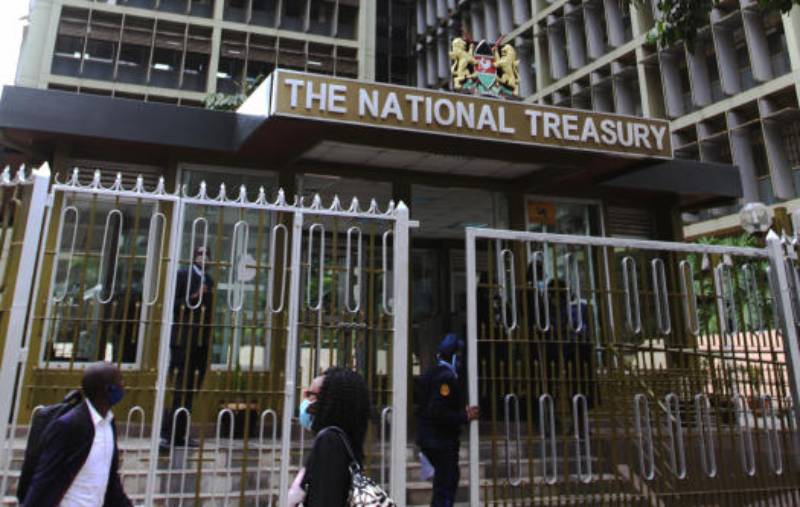
Kenya is among the world’s bottom countries in terms of economic quality, a new report says.
The Prosperity Index 2020 placed Kenya at position 108 out of 167 countries whose economic quality has worsened over the last decade.
This saw Kenya, which is saddled with rising public debt and cost of living, fall four places in the rankings that covered a ten-year period.
In the last few weeks, Kenya’s public debt hit a high of Sh8.4 trillion as the government continues to borrow for the fight against Covid-19.
The public debt is just over three-quarters of the country’s total economic output.
According to the Index, Kenya’s fiscal sustainability has fallen -13.5 points in the last decade to 35.9 from 49.4 in 2020.
Fiscal sustainability, in which Kenya fell from position 109 to 148 globally, refers to a government’s ability to keep public finances at a manageable level in the long term.
Credit rating
Under this fiscal metric, areas such as government’s budget balance and public debt were found to have dipped in the period under review.
The index showed that the government’s budget balance fell from -4.3 per cent in 2010 to -7.8 per cent this year.
This is as public debt rose from 41.5 per cent to 60.1 per cent while gross savings in the country reduced from 14.5 per cent to 9.2 per cent.
The country’s credit rating fell two points in the decade from a score 35 points in 2010 to 33 points.
As an investment environment, Kenya was at position 76 moving up 19 places from ten years ago.
This saw the country rank number 6 out of 49 sub-Saharan African countries.
In terms of a financing ecosystem, Kenya scored 59.5 points up from 47.8 points a decade ago.
However, restrictions on International Investment dipped from 64.7 points to 58.3 points.
In terms of domestic market contestability, Kenya was ranked position 86 globally falling two places from 88. This category looked at metrics such as market based competition, anti-monopoly policy and extent of market dominance.
In terms of environment for business creation, Kenya’s ranking globally rose from position 56 to 41 during the period under review.
Kenya performed well in terms of ensuring private companies are protected and permitted, and rose from position 101 in 2010 to 67 globally.
Kenya also moved up places in terms of productivity and competitiveness and attracting new talent.
The rankings also saw improvement in labour force engagement, for instance, in involvement of more women in the workplace. Kenya also performed well in flexibility of wage determination.
Kenya moved up two places in terms of material resources, from position 143 to 141.
Poverty rate fell from 46.8 points to 36.1 points, this saw Kenya ranked position 123 globally from 135 in 2010.
In terms of burden of government regulation, number of tax payments and time spent filing taxes, Kenya fairly improved across the decade.
The country had improved scores in macro-economic stability, property rights and investor protection and prevalence of non-tariff barriers.
The country however, performed poorly in freedom and civil rights and in war on terror.




No comments :
Post a Comment